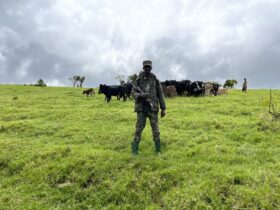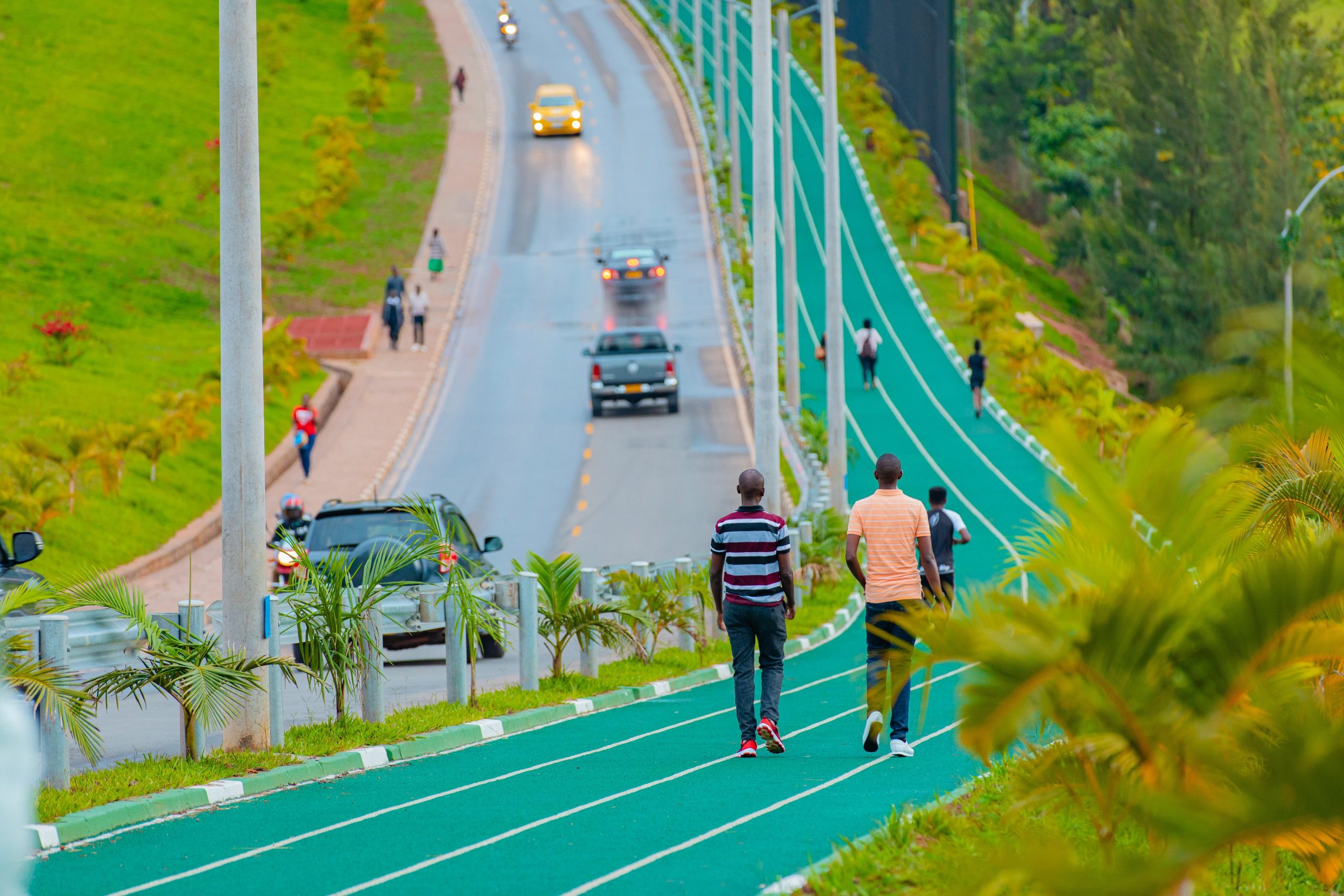Albert Einstein once said: “I am more interested in the future, for that’s where I’ve decided to spend the rest of my life”
Rwanda is in the process of reviewing its law on Non-Governmental Organisations. The draft bill was adopted by parliament, awaiting promulgation by the President of the Republic. The new law merges two pieces of legislation, one on local (NGO) and another on international non-governmental organizations (INGO).
When it was sent to me, I was convinced “The Board” referred to throughout the law, is the board of the NGOs, I was briefly impressed that the new law would promote self-regulation of NGOs, like does the “Media law”. My enthusiasm was short-lived when I read the fine print. It turns out, that “The Board” referred to in the law, is Rwanda Governance “Board” (RGB), which is to approve budgets, projects, and board members elected by NGOs.
While most demands by NGOs were adopted in the draft bill, I take issue with Article 9(2): Obligations of a non -governmental organisation: “The changes referred to in Paragraph (1)(d) of this Article become valid upon approval by the Board within 60 days from the date of notification of the changes.”
In other words, NGOs and INGOs must submit their internal governance decisions to RGB and seek its approval.
My issue is founded on the fact that the law is revisiting old debates, and undoing gains obtained by the Rwandan Civil Society over a decade ago. In the era of social media, where young “Rwandans on Twitter” such as Fiona Kamikazi can influence policy with one “tweet”, whereas popular Youtubers such as Scovia Mutesi can score the interview of the month with the leader of M-23 rebel movement and publish it on her private channel “Mama Rwagasabo”, and that, with no one’s approval, the zeitgeist in Rwanda – and globally, is clearly for more openness, rather than less.
In any event, I have spoken to both sides on the spectrum, namely, the regulators and those to be regulated; I have not met a single NGO worker who is pleased with that provision. This is a major shortcoming of the regulation. Those who should comply with a regulation must first agree with it. Some consultations were conducted, but NGOs explained that what was agreed upon in the consultations between the regulator, the NGO representatives, and the members of parliament was ultimately not taken into consideration in the final bill. Ideally, the new NGO bill should have been written by NGOs themselves.
It is not the place of the public regulator to approve leaders of civil society! There is ample legal framework in Rwanda to guard against the criminal activities of any entity operating in Rwanda, including the appointment of unfit leaders. This is a legitimate requirement that can be raised by the regulator, once they have been informed of the identity of elected leaders and projected NGO activities.
Prudential provisions that require approval by a government regulator on the internal conduct of a civil society organisation is a violation of “freedom of assembly” and international standards.
Indeed the Guidelines on Freedom of Association and Assembly in Africa, adopted by the African Commission on Human and People’s Rights in its 60th Ordinary Session held in Niamey, Niger, from 8 to 22 May 20171 preconizes: “Respect of the non –interference in the operation and governance of NGOs”, and encourages Member States to ensure administrative, financial and moral autonomy of NGOs.
There are important homegrown solutions that must be upheld; chief among them is the Joint Action Development Forum (JADF); a multi-stakeholder platform comprised of the public sector, private sector and civil society, that is located at the district level. Indeed the JADF pulls resources together and enables mutual accountability among stakeholders to optimise impact.
I too am not advocating for a total laissez-faire. Regulation is important, and the spirit of Art. 9(2) in the draft bill, is merely to foster the effectiveness and transparency of NGOs. However, it should not be seen as a heavy hand by the regulator, to reduce space for NGOs. These provisions in the draft bill should be presented as informal “guidelines” and “best practices” to which all NGO are encouraged to comply. They should not be inscribed in the law, with the potential of violating the Rwandan constitution, international law, and standards.
Ethiopia, the country hitherto known for stringent laws against NGOs has decided to relax them. What worries me is that the law does not permit local NGOs to grow internationally, it is a limiting, rather than fostering piece of legislation. This sins against the principle of “Thinking Big” that Rwandans have chosen.
There are things that we can choose for ourselves as Rwandans and things that, we can’t. For instance, we cannot choose to live in 2024. While many things were changed to make the draft bill more progressive, I am afraid they have not brought it far enough to be at par with the open world we live in.
The face of the civil society has rapidly changed. It is a free train that goes beyond formal organizations to include artists, athletes, dancers, painters, social commentators, and social enterprises. None of these people are “regulated”, yet their influence is enormous. Rwanda is known for its governance efficiency. The platform of “Irembo” which issues official documents, and “IECMS” portal which manages online court cases have changed the face of service delivery in Rwanda. Furthermore, the Media is fully self-regulated. That is where we are at. The regulator should jump on the proverbial “open-Rwanda” train rather than trying to slow it down.
Rwanda Development Board had the wisdom to approve “social enterprises” to operate freely, by combining charity and business. Such enterprises are not subjected to any control and interference. Who is to say that if this law were to pass in its current state, that might not push all NGOs to register with RDB and circumvent this law?
Alas! I know Chinese billionaire Jack Ma, was shut down for declaring that “regulation should not deter innovation”, and now teaches agriculture entrepreneurship In Japan, luckily we do not live in China. Anyway, for my sins I suggest to be banished to the Tibet mountains to meditate with monks…














Leave a Reply